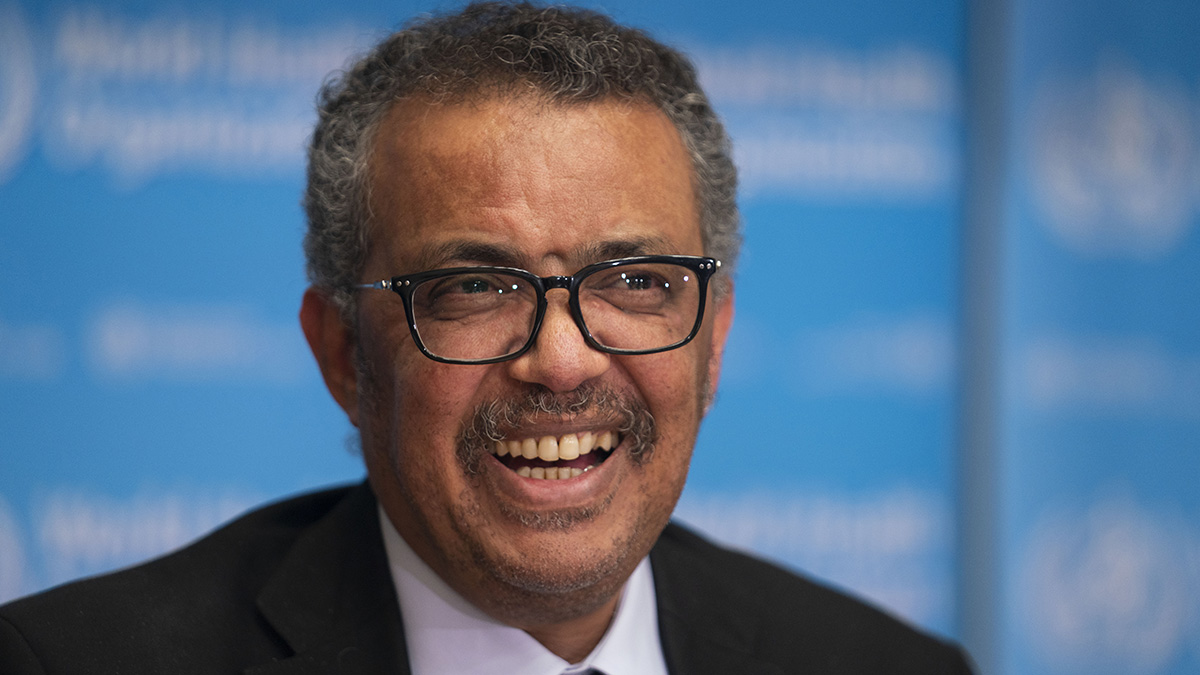Written by Dr. Tedros Adhanom Ghebreyesus, World Health Organization Director-General
Dr. Tedros Adhanom Ghebreyesus, World Health Organization Director-General. / Image supplied
The COVID-19 pandemic poses a major challenge to health systems, populations, and economies - stretching some beyond their capacities and elevating the risks faced by already vulnerable populations.
With this global disruption comes an immense opportunity to reimagine the world as it could be; to build a healthier, safer, fairer, greener and more inclusive world; and to reinvigorate progress towards the Sustainable Development Goals.
The pandemic has illustrated that health is not a luxury item; it’s the cornerstone of social and economic development, and of global health security. Building strong, resilient health systems is therefore not only an investment in healthier populations, it’s also an investment in safer, more stable and more prosperous societies.
Intrinsic to building those strong, resilient health systems is harnessing the power of digital technologies to support a model that puts people and their needs first.
Digital technologies are already transforming health care, from the use of drones to deliver blood products and other medical supplies, to the use of artificial intelligence to give paraplegic patients improved mobility and develop new medicines.
A dizzying array of new health technologies are being developed all the time. One of the challenges countries face – especially low- and middle-income countries – is deciding which ones will deliver the biggest improvements in health for the investment. Other challenges include ethics, cyber security, and data protection.
Governments should prioritise the development, evaluation, implementation, and scale-up of digital technologies that hold proven maturity, like telemedicine.
Digital technologies will play an increasingly important role in health in the years to come, which is why as part of our organization-wide transformation, WHO has created a new Department of Digital Health, and formed a technical advisory group of more than 20 leading experts to inform and guide the advice we give countries.
Additionally, WHO is developing a Global Digital Health Strategy, which proposes a framework for regulating, benchmarking, and certifying digital health services and devices for countries. It also proposes the creation of international health data regulations to protect the safety and privacy of individual health data.
The strategy calls on all digital health stakeholders to align with principles that govern the use of health data, safeguard the anonymity of data providers, mitigate the challenges of interoperability, and ensure universal access for global good.
To support countries to adopt evidence-based solutions, WHO will also launch a ‘Digital Clearinghouse’, a web platform to assess digital health solutions and highlight those that are effective, scalable, and can integrate with existing systems.
As countries implement new digital strategies and technologies, it’s vital that they monitor their performance through standard, agreed-upon metrics.
But it’s clear that WHO cannot achieve this important mission alone. We need individuals, communities, private sector companies, academia, and governments to play their part.
We need an extended and united network that will ensure effective global coordination, create solidarity, and accelerate progress towards the health-related SDGs.


